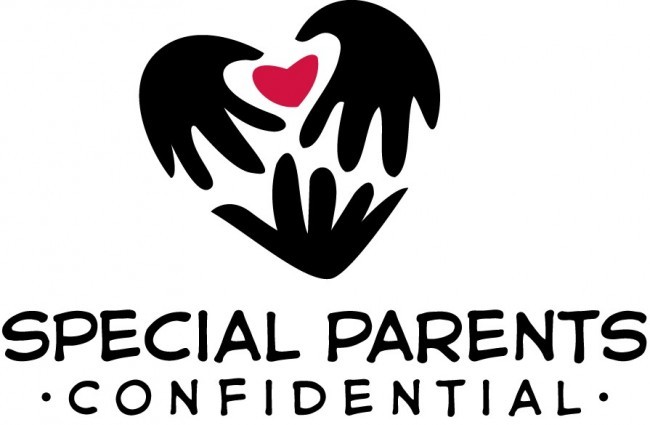Special Parents Confidential Episode 13 The Friendship Circle
One of the recurring themes we have in our podcasts is how some of the best information and support comes primarily from parents of special needs children. We know what our children need for help and it’s incredible when some parents step forward and create groups and organizations that fill those needs when other avenues are not available.
This is certainly the case with the group we are talking about in this episode. The Friendship Circle was created by parents and family members of special needs children to help those children find friends and support. They’ve grown in just a few years from a group of a few parents who started bringing their kids together in Detroit, Michigan, to a now nearly world-wide organization. They pair up special needs kids — all children with physical, developmental, or learning disabilities are welcome no matter what the diagnosis — with ‘normal’ or ‘neuro-typical’ kids to be friends and help each other. As it turns out, all of the kids get something incredibly rewarding from the experience. The Friendship Circle offers sports activities, tutoring, play time, and they even have a mock-village where special needs children can learn life skills like going to the bank, the store, and other social situations that happen in every day life. They also have a phenomenal anti-bullying program, which was created by the parents and the kids called the Upstander Project, that is making an amazing difference in schools across the country.
Our guest for this episode is Rabbi Tzvi Schectman, who is a family coordinator at the Friendship Circle. Most people first encounter The Friendship Circle through the daily emailed newsletter, known as The Friendship Circle Blog, that Rabbi Schectman compiles. These emails feature articles on many different kinds of information that parents of special needs children can use.
Links mentioned in this podcast:
The Friendship Circle.org Website for The Friendship Circle organization. Learn more about this amazing group.
The Friendship Circle.com Friendship Circle International – to find Friendship Circle programs and groups in locations around North America and the world.
Weinberg Village The mock-village facility run by the Friendship Circle.
Upstander Project The anti-bullying program created by The Friendship Circle.
The Friendship Circle Blog The newsletter from the Friendship Circle with great articles and advice for parents of special needs children. You can subscribe to have the blog sent directly to your email each day.
As always a reminder that if you like this episode of Special Parents Confidential or any episode we’ve done, please share our site with your friends, family, and all your connections on social media. You can do this easily with the social media buttons located right below this paragraph. Like us on Facebook, follow us on Twitter, add us on Google Plus, or any of the other sites like Tumbler, Linked In, Pintrest, Stumble Upon, Reddit, and others. You can also sign up for our email service and have new posts and podcast episodes delivered right to your inbox the moment they’re available online. That form is located to the right of this text. We’re also on iTunes and Stitcher and if you have a moment, feel free to write a review about our podcast there. Anything you can do to help spread the word about Special Parents Confidential will help us be able to continue these podcasts.
Thanks for your support!
Podcast: Play in new window | Download
Subscribe:
Like this:
Like Loading...




You must be logged in to post a comment.